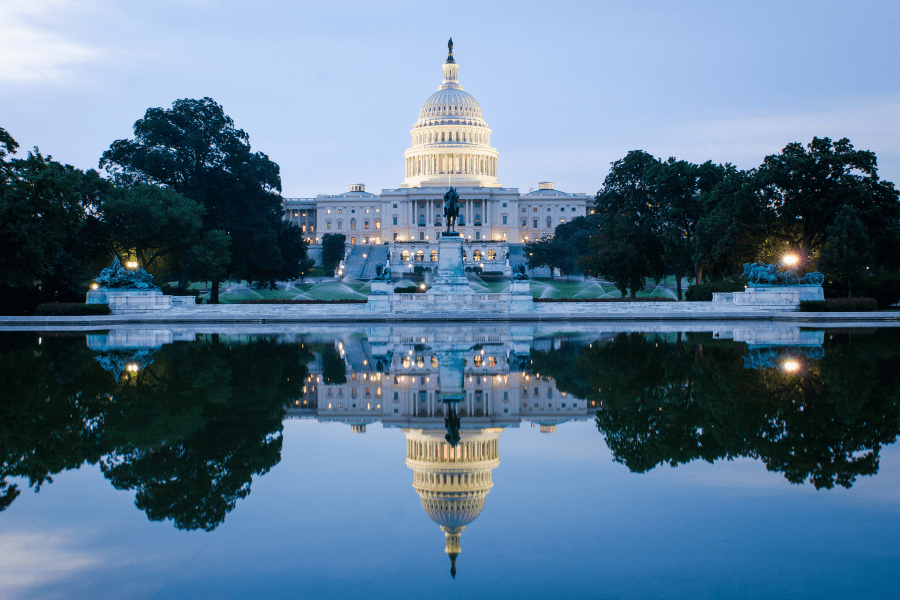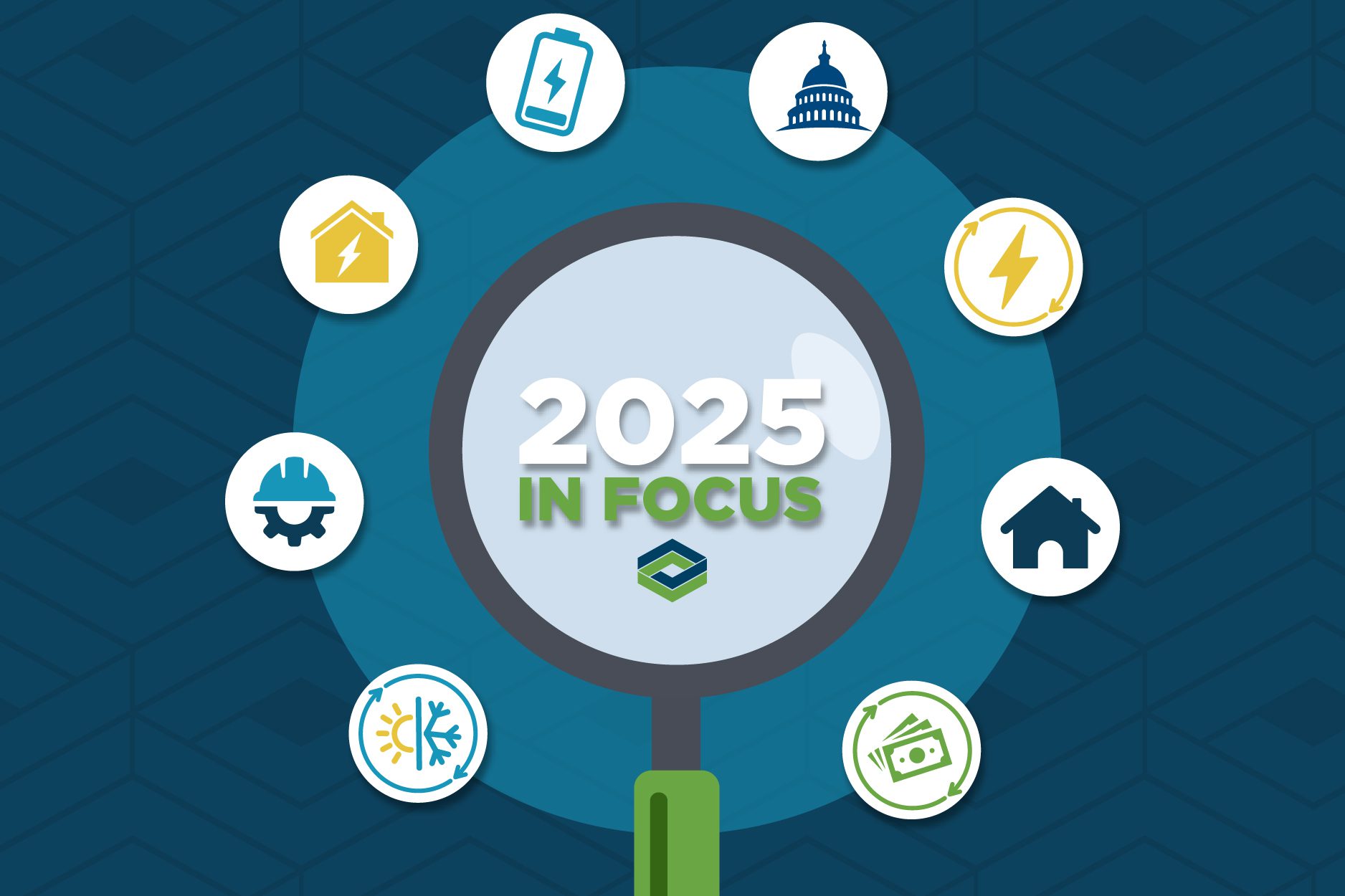Mar 11, 2022
Vermont’s Clean Heat Standard
The Building Performance Professionals Association in Vermont is advocating for the Clean Heat Standard, a bill that would require fossil fuel companies to reduce their greenhouse gas emissions and offer a range of options for reducing them, including helping to pay for weatherizing homes or installing electric cold climate heat pumps. The Standard would also assign greenhouse gas reduction credit values to each measure, providing financial incentives for homeowners who purchase clean energy products and services. The Association believes the Clean Heat Standard is the state's most impactful climate policy, energy cost-reducing strategy, and economic development policy.
By: Richard Faesy

The Clean Heat Standard is Vermont’s best solution for tackling climate change.
The Building Performance Professionals Association is Vermont’s trade association of home performance contractors. We are in the business of building new homes and renovating existing homes—always with a focus on energy efficiency and environmental sustainability. Many of us have been doing this work for decades.
We focus on energy efficiency, renewable energy, electrification and green building materials, not only because they are good for the environment, but because they are good for our customers. It reduces their energy bills and their exposure to wildly fluctuating fossil fuel prices, while increasing the comfort and the durability of their homes.
Unfortunately, many Vermonters cannot afford the upfront investment necessary to make such conversions to lower cost, less risky, more comfortable and healthier homes. That is partly because the cost of fuel oil, propane, and other fossil fuels do not reflect their true cost—including the damage they are already causing to the global climate.
There is currently a bill in the Legislature that would address this problem. It is called the Clean Heat Standard. The Clean Heat Standard would require fossil fuel companies—major oil companies, heating fuel processors and wholesalers (i.e., not local Vermont fuel dealers)—to reduce their greenhouse gas emissions, with reductions increasing over time at a pace necessary for the state to meet the emission reduction commitments it made in the 2020 Global Warming Solutions Act (e.g., 40% by 2030, net zero by 2050). Importantly, the Clean Heat Standard would give the fossil fuel companies a range of options for reducing their emissions, from helping to pay for the cost of weatherizing homes or installing electric cold climate heat pumps, to selling more renewable biofuels. The Clean Heat Standard would assign each of these measures, and many others, greenhouse gas reduction credit values based on their life-cycle carbon reduction benefit. Any contractor or retailer who sells a clean heat product would then be able to benefit from the sale of the clean heat credits associated with that product, to the fossil fuel companies. These benefits would most likely appear in the form of significant additional financial incentives to homeowners who purchase our products and services.
In other words, the environmental benefits of the work that we have been doing for years will—for the first time—have an economic value. That means we will be able to offer insulation, air sealing, heat pump installations, and other clean energy services to new customers at lower costs, so more of them will be able to afford the conversion to lower cost, less risky, more comfortable and healthier homes.
The Clean Heat Standard will also require that fossil fuel companies fully pay for many low-income customers to realize these benefits—enabling our industry to serve customers we have historically been unable to serve. Of course, this will also mean that we will be able to hire, train, and pay livable wages to a number of new staff.
Many environmental leaders and organizations are calling the Clean Heat Standard the most impactful climate policy the state has ever considered. It is important to emphasize that it may also be the most impactful energy cost-reducing strategy, and one of the most important economic development policies, the state has considered. It really is a win-win-win.
Please join us in supporting this bill.
For more information, you can read The Clean Heat Standard whitepaper here.





